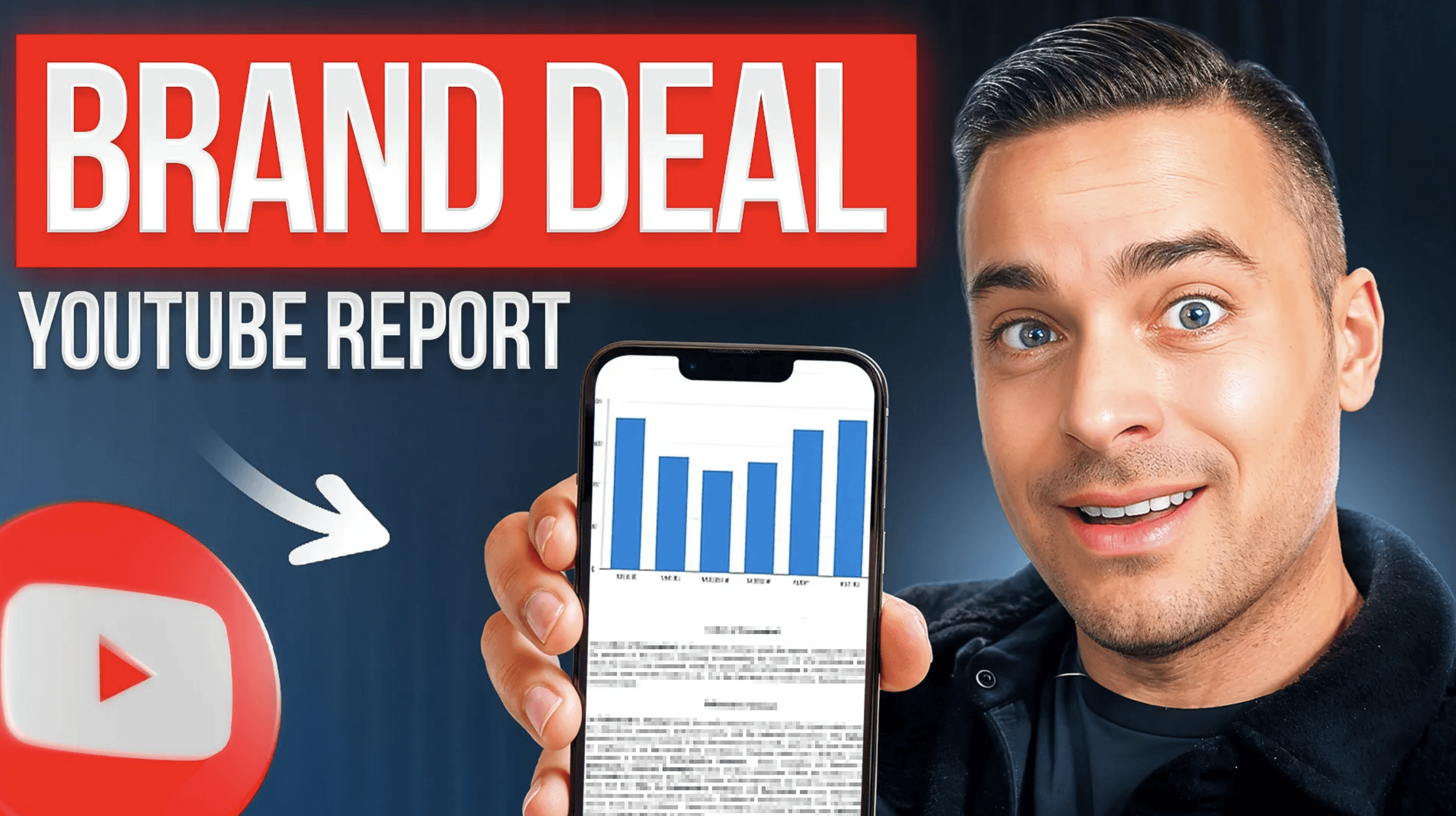
The 3 Sponsorship Payment Models (Which One Makes You the Most Money?)
Brands will almost always prefer to pay you on an affiliate model.
I mean, why wouldn't they?
If they only have to pay you a 20% commission when you generate a sale, that's their dream scenario.
And even though some affiliate relationships can be lucrative, they often trivialize the work required to generate the content containing the promotion.
Further, haven't you spent years building trust with your audience? Is it fair for you to expend social capital while the brand gets a free endorsement?
No, it's not.
Affiliate marketing:
Allows brands to commoditize you
Shouldn't be your primary focus
Takes a long time to become meaningful
Can be a fantastic cherry on top of your other revenue streams
Now, it's one thing to stomp your foot on the ground and say, "No more affiliate deals for me!"
It's an entirely different thing for brands to listen.
Many simply won't budge from an affiliate model.
In that scenario, try pivoting to a hybrid model, including an upfront base fee and a back-end kicker.
Example: A brand offers you a 20% recurring commission on their niche B2B SaaS (Software-as-a-Service). They claim their top affiliates earn $10,000/month.
Let's do some simple math: if their average customer pays $200/month for the software, you'll get a $40 recurring commission from each sign-up. To make $10,000/month, you'll have to generate 250 sign-ups. To generate 250 payingsign-ups, you'll likely need to drive 10x the traffic to that brand's offer since only a fraction of your audience will be interested.
Depending on your reach, you might need to do a ton of promotion to achieve that. Meanwhile, the brand is happy to have an army of evangelists loudly championing them for free.
I don't know about you, but that seems like a raw deal.
Instead, counter with a hybrid deal of $5,000 upfront (one-time) plus a 10% recurring commission.
You can explain that as part of the partnership, you will also grant them usage rights to the content you generate for a limited duration to run paid advertising, something their current affiliates almost certainly don't provide.
Even though this represents just over 50% of one month of potential affiliate income, you're:
Receiving guaranteed compensation for your testimonial
De-risking your time investment
Making the brand question their current strategy and helping them understand why you're different
When structured well, hybrid deals can make you a ton of money if you have extreme confidence (through psychographic research!) that your audience will go wild for a brand's product or service.
A flat model, for many creators, is the holy grail.
Who wouldn't want to receive guaranteed money to do pre-negotiated work without being on the hook for driving any results?
When stated like that, one could argue flat compensation is unfair to the brand!
But the reality is many brands prefer this structure because:
It allows them to set fixed advertising budgets they know they won't exceed
Their campaign objectives are more awareness-focused vs. conversion-focused
It requires less internal red tape since it's simple
Flat compensation is also fair for you since:
Producing content takes time and resources
Introducing a brand to an immense pool of prospective customers (i.e., your audience) shouldn't be free
It allows you to focus on creating the best work possible, eliminating income uncertainty.

For every partnership, you must ask yourself, "Will affiliate, hybrid, or flat compensation make this deal a win for me andthe brand?"
Then pick the best model and don't look back.

Get the ongoing support you need to set win-win pricing, submit spellbinding proposals, and negotiate like a pro.











